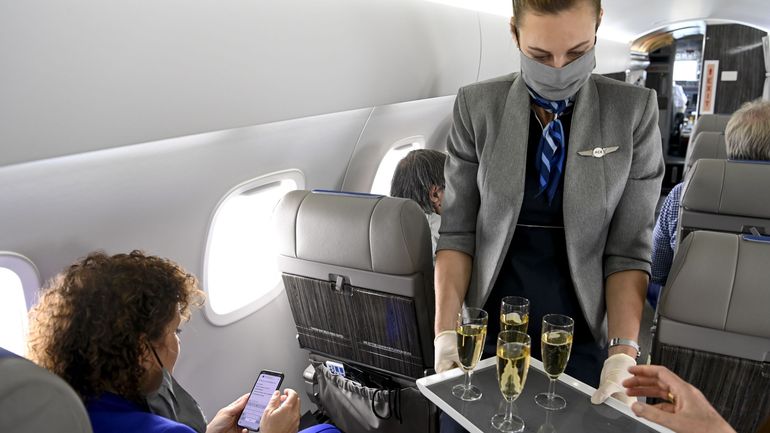International travel that is not urgent nor essential should be postponed, the World Health Organisation (WHO) said in an update to its coronavirus recommendations to countries.
In a statement on Thursday, the WHO urged countries moving to resume international travel to base their decisions on "thorough risk assessment" of the epidemiological situations at the local level.
The globe's top health authority said that priority in international travel should be given to urgent or essential trips, such as the deployment of health personnel, travel for humanitarian reasons or repatriations.
Related News
- Brussels increases coronavirus testing capacity by 69%
- Belgian average rises to 371 new coronavirus infections per day, hospital admissions keep rising
- Inside Belgium's strategic plan for a second coronavirus wave
"Sick travellers and persons at risk, including elderly travellers and people with chronic diseases or underlying health conditions, should delay or avoid travelling internationally to and from areas with community transmission."
"There is no 'zero risk' when considering the potential importation or exportation of cases in the context of international travel," the WHO wrote.
The health agency said its per-country situation reports can guide countries' decisions on lifting international travel restrictions by shedding a light on the situations of both the country of arrival and the country of departure.
Travelling between countries with similar transmission rates of Covid-19 cases carries less substantial risks of impacting either destination's epidemiological situation.
Conversely, when a country of departure has a more intense transmission rate, "the risk of adversely affecting the epidemiological situation in the country of arrival is higher."
The WHO's travel recommendations come as several European countries record the emergence of new clusters, raising concerns over a second wave of the coronavirus pandemic just over a month after the Continent relaxed travel restrictions within the Schengen+ area.
As many countries strain to find a balance between public health and efforts to revive their battered tourism industries, the WHO urged authorities to bolster their capacity to prevent the importation of new cases.
"Countries should have appropriate (...) health systems capacities, particularly at points of entry (ports, airports, ground crossings) to test, isolate and treat cases, and quarantine their contacts, and exchange information and data internationally, as appropriate," the agency wrote.
Gabriela Galindo
The Brussels Times

